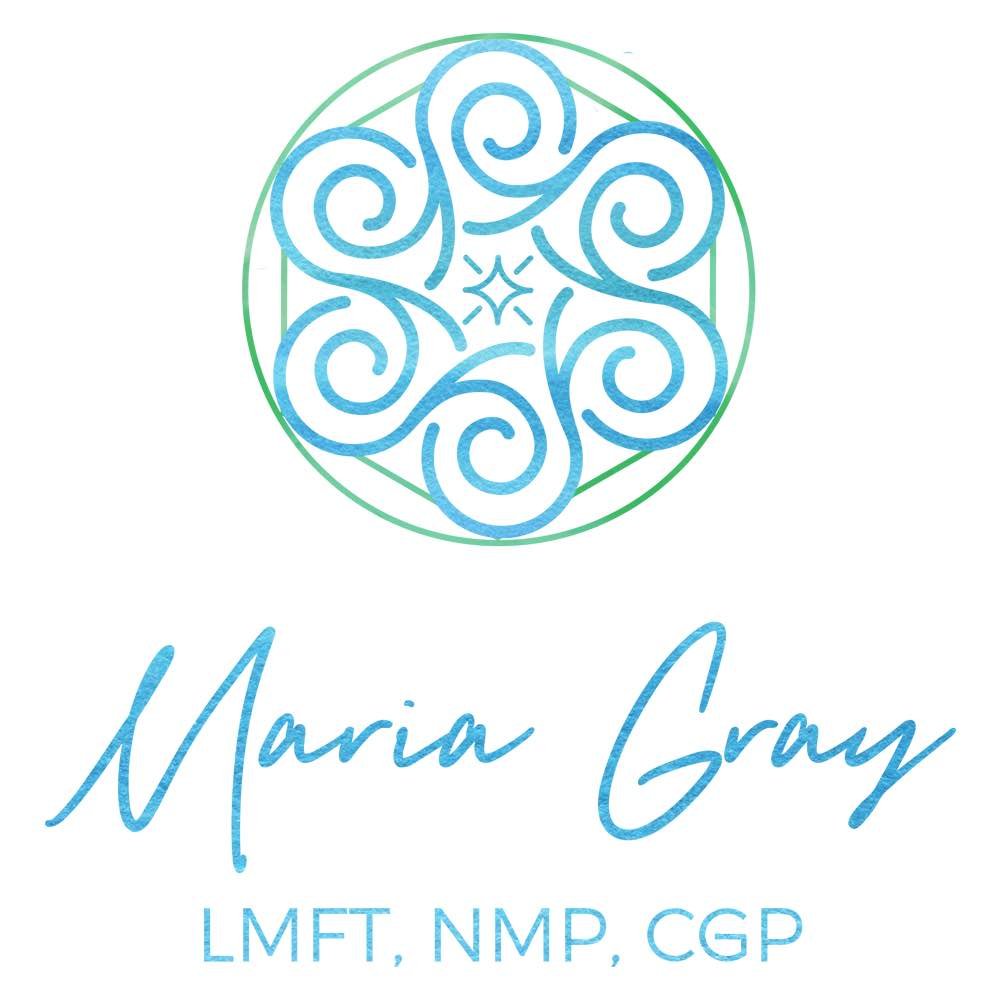Single-tasking
Christine Carter is a sociologist and happiness researcher who recently spoke at the Wisdom 2.0 Conference in San Francisco. The topic of her talk was "Full Plate, Empty Life: How To Achieve More By Doing Less". Her talk explores the benefits of "single-tasking" in our fast paced multi-tasking society. As I grow older, time has become more precious to me. I'm interested in having a more grounded, satisfying life. I hope this talk inspires you to consider slowing down and savoring the task at hand.
Oprah interviews Shawn Achor, Happiness Expert
Shawn Achor is one of my favorite positive psychologists. In this interview, he talks about discovering happiness from the "inside out" with Oprah.
http://www.oprah.com/app/super-soul-sunday.html
A Formula For Happiness
The author's formula for happiness includes: faith, family & meaningful work. I incorporate the principles of Positive Psychology into my work with clients. Existential issues are sometimes the underlying cause of depression and anxiety. I am particularly interested in the work of Martin Seligman and Sonja Lyubomirsky, two well respected researchers in the field.
The Happiness Advantage
One of my favorite books is The Happiness Advantage written by Shawn Achor, a researcher who studied Positive Psychology at Harvard University. Achor draws on a wealth of research (including his own) to support the theory that happiness fuels success as opposed to success fueling happiness. This is particularly meaningful for me having come from the corporate technology world where raises and promotions are the goal. Achor proposes that when we are experiencing happiness in our lives, happiness drives our success.
He proposes five scientifically-proven habits for improving one’s level of happiness; these habits are supported by research studies outlined in the book. Here is a brief look at the 5 habits. The first is the “Three Gratitudes”. Achor recommends writing down or saying out loud, three things you are grateful for each day for 21 days. It is important to do this for 21 days in a row because research shows it takes 21 days to successfully build a new habit. Be sure to include a reason for your gratitude. For example, “I am grateful for my dog Ginger because she is a wonderful companion and gives me a reason to spend more time outdoors.”
The second habit is called “The Doubler” which is a form of journaling combined with reflection. The “Doubler” consists of recalling the most meaningful thing you have done in the past 24 hours. Once you have something in mind, spend two minutes a day writing down every detail you can remember about your example.
Pick a new item each day for 21 days.The third habit is the “Fun 15”. The “Fun 15” is about incorporating physical activity into your life, it entails adding 15 minutes of fun physical activity to your day (walk, swim, garden, play with the dog). Achor's theory is the more you add fun, positive activity into your life, the more your brain gets into the habit of adding fun activity.
The fourth habit involves practicing random acts of kindness. Achor also calls this "The Ripple Affect”. He recommends consciously adding three smiles to your day, smiling at random people you see throughout the day. This habit raises your level of happiness; if you smile the brain actually feels happier. When we smile mirror neurons in the brain light up the brain and drop dopamine into our systems.
The fifth habit is one of the greatest predictors of physical health. This habit is developing and maintaining meaningful social connections. Achor recommends "recharging your happiness battery" by thinking about one person in your social support network and spending two minutes writing them a positive note or email (praise or thanksgiving). As with the other habits, it is recommended that you continue this practice for 21 days. This habit often leads to giving others more positive feedback throughout the day. I recommend trying just one of these habits for 21 days and enjoying the results.

